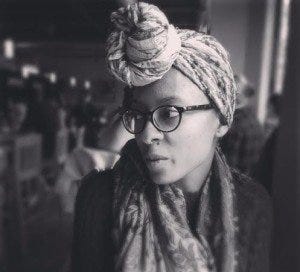Poetry is a place where you can bring your questions, your grief, your hopes, and your fears. It can hold all that without buckling under the weight.
Welcome to Writer In The World, a curated collection of essays on the writing life by acclaimed MFA faculty and alumni. This is the Wednesday section of Aimee Liu’s MFA Lore. Metaphortography, a…
Keep reading with a 7-day free trial
Subscribe to Aimee Liu's MFA Lore to keep reading this post and get 7 days of free access to the full post archives.





